There's nothing in the UK
except everything.
In 2014, I spent the year travelling around Australia. It’s a magnificent country and something of a Mecca for young British backpackers, of which I was one. No prizes for guessing why.
Anyway, I got chatting to someone from Sheffield in a hostel I stayed at, and naturally the conversation navigated the familiar twists and turns of Backpacker Chat. Where are you from, where have you been, where are you going next, any recommendations - but one phrase stopped me in my tracks.
“I came here because there’s just nothing to see in the UK.”
I stared at her blankly. She continued her trajectory.
“It’s so boring.”
Then my brain caught up with me and I challenged her on it.
“But have you been to the Lake District?” “No.” “The Peak District?” “No.” “The Cairngorms?” “No.” “Exmoor?” “No.” “Dartmoor?” “No.” The Brecon Beacons?” “No.” “Pembrokeshire?” “No.” “Bath? Oxford? Cambridge? Leeds? Bristol?”
“…No.”
This exchange has stayed with me ever since. Now don’t get me wrong, I’m the first to complain about the endless network of monotonous dual carriageways threading miles of farmland lined with rubbish, the infinite rows of identical houses in boring towns void of any significant cultural value. But with its mountains, lakes, shores, gorges and heathland, to say there is “nothing in the UK” without even having set foot in most of it strikes me as a wild injustice.
It was with that in mind that I spent a week in one of the most fabulous parts of the country these grotty little islands have to offer: the Northumberland Coast.
Being an island nation, the UK’s culture and history is intertwined with the sea. With a coastline of nearly 20,000 km, I feel like it’s impossible to know the British Isles without spending time with her beaches, cliffs, inlets and lagoons. Even then there is so much shifting texture and colour every trip is to discover something new.
Immersing myself in the sights and smells of the shoreline ties me to the people who have lived and worked in these landscapes for tens of thousands of years since first crossing the land bridge that connected Britain to mainland Europe.
The rocks, the mosses, and the seals that gaze uninterested have done so even as empires have risen and fallen, tyrants and heroes have lost their heads, and generations of people have lived and loved and died.
Puffins, bills loaded with sandeels, flap furiously back to their burrows above sparkling azure water. I watch them tread the same paths my ancestors have watched for millennia.
Above, unbothered by my snapping camera, terns cut complex aerobatics above sand, sea and stone.
Herring gulls prowl and hunt to feed their young, as at home here as in our towns and cities.
The cliffs resound with the cries of kittiwakes, and I feel a sense of familiarity with old friends having spent time with them in the south of England the previous weekend.
Even in August, at the tail end of the breeding season, the Farne Islands of Northumberland are thriving with life and activity. I see it from the clifftops, I see it from the beach, I see it from the rolling deck of a boat, clutching my binoculars to my chest.
But change is inevitable, and has been an integral part of this place for hundreds of thousands of years. It has been sea, it has been land, it has been ice. Where there were plesiosaurs and ammonites there are now cod and mussels, their ancestors’ memories imprinted in the black pebbles glistening on the beach.
Change is happening today faster than we have ever known it. The land can feel it, the very chemical makeup of the air and the water warping in the fires of human industry.
Much that will change is preventable, much of it is not. What we choose to lose from here will be entirely our decision as custodians of this place, here and now.
Amidst it all, a group of conservationists sift through rock pools on their hands and knees beneath a glorious cloudless sky. They take the time to talk to us about their work, its importance, and how they still marvel at the world around them.
Because they are here, present, connected to everything. And to love a place in the face of loss is to truly know it.
Urban Nature Diary is free to read, but any support for my nature writing, filmmaking and photography is greatly appreciated.




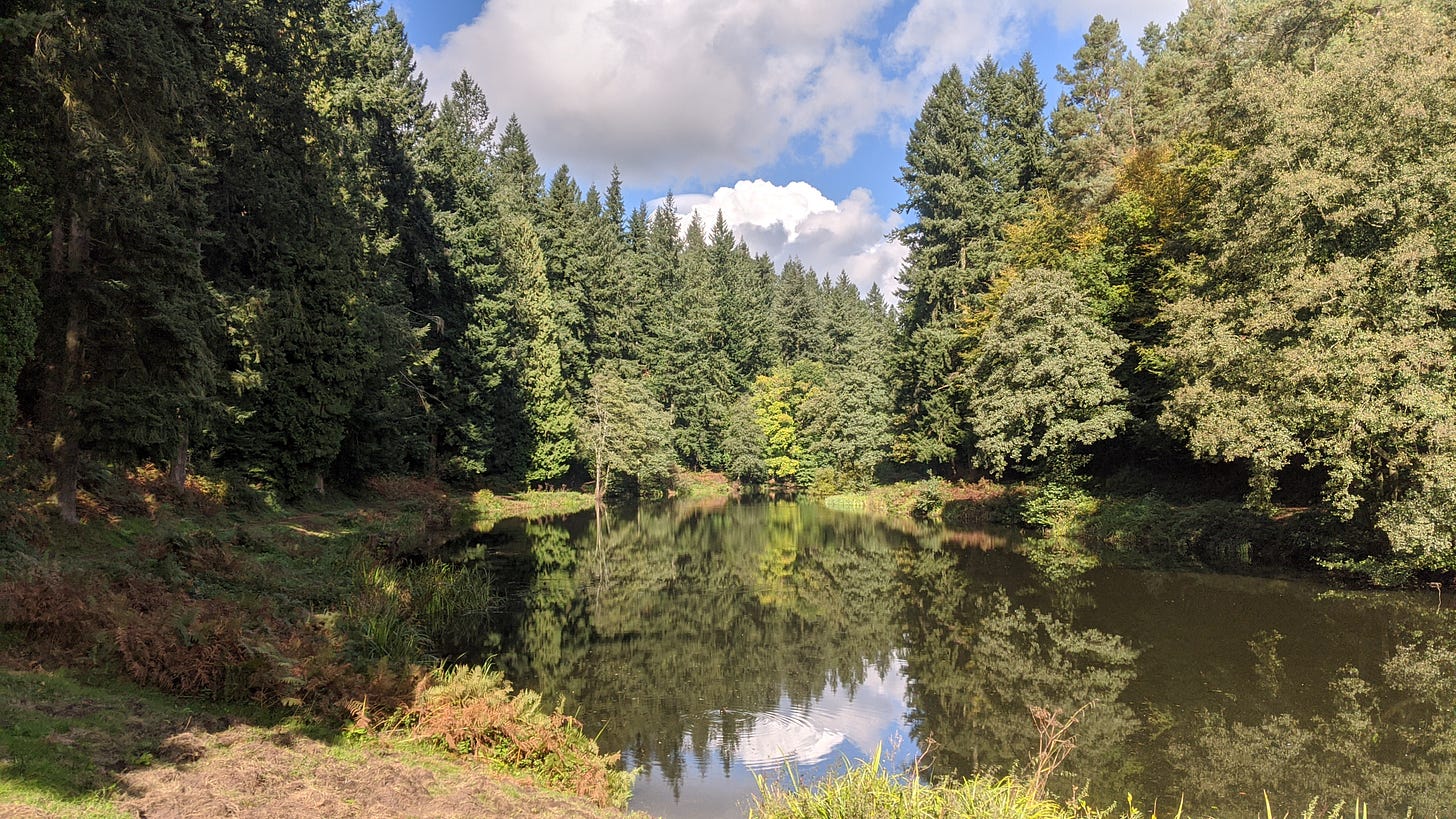





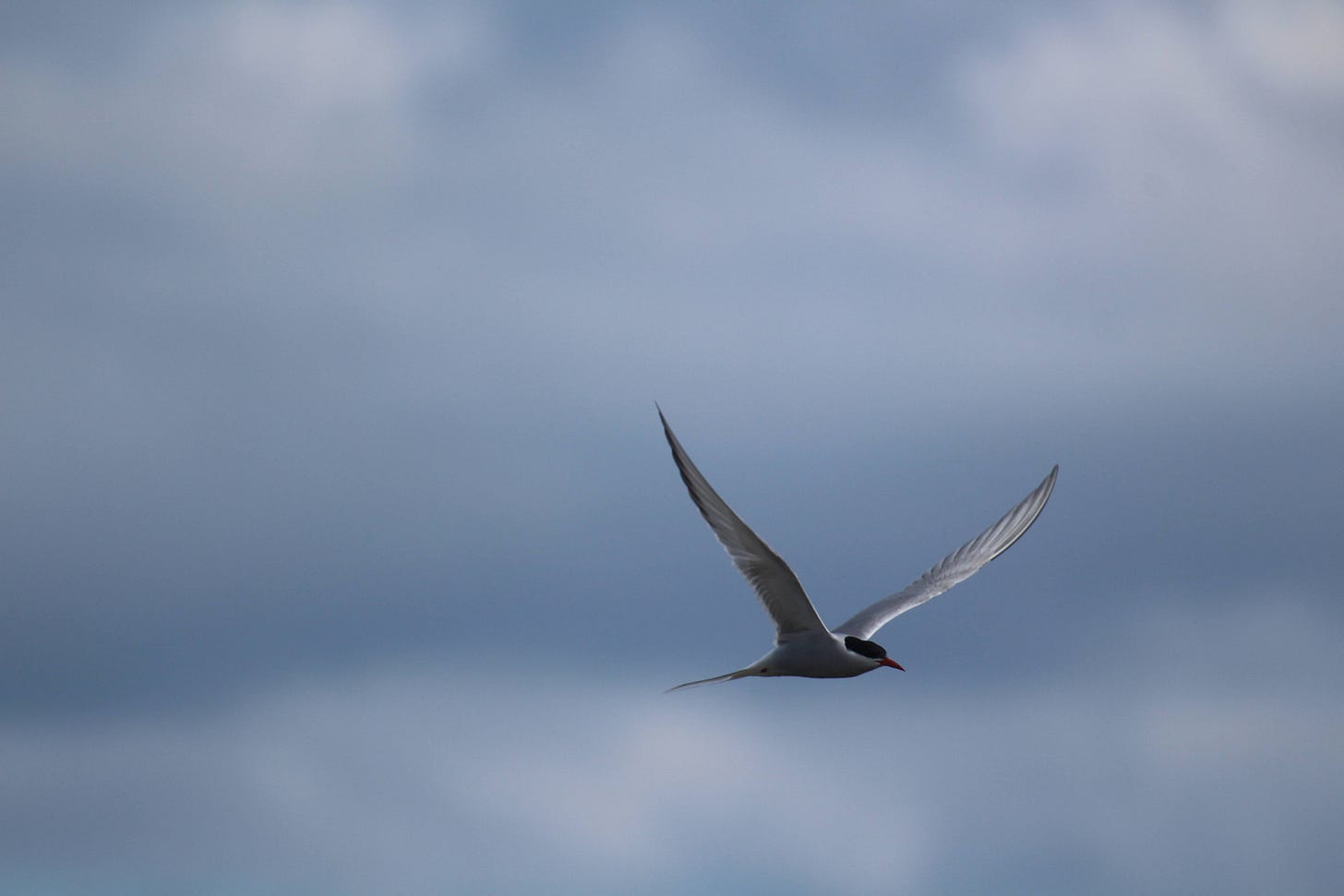
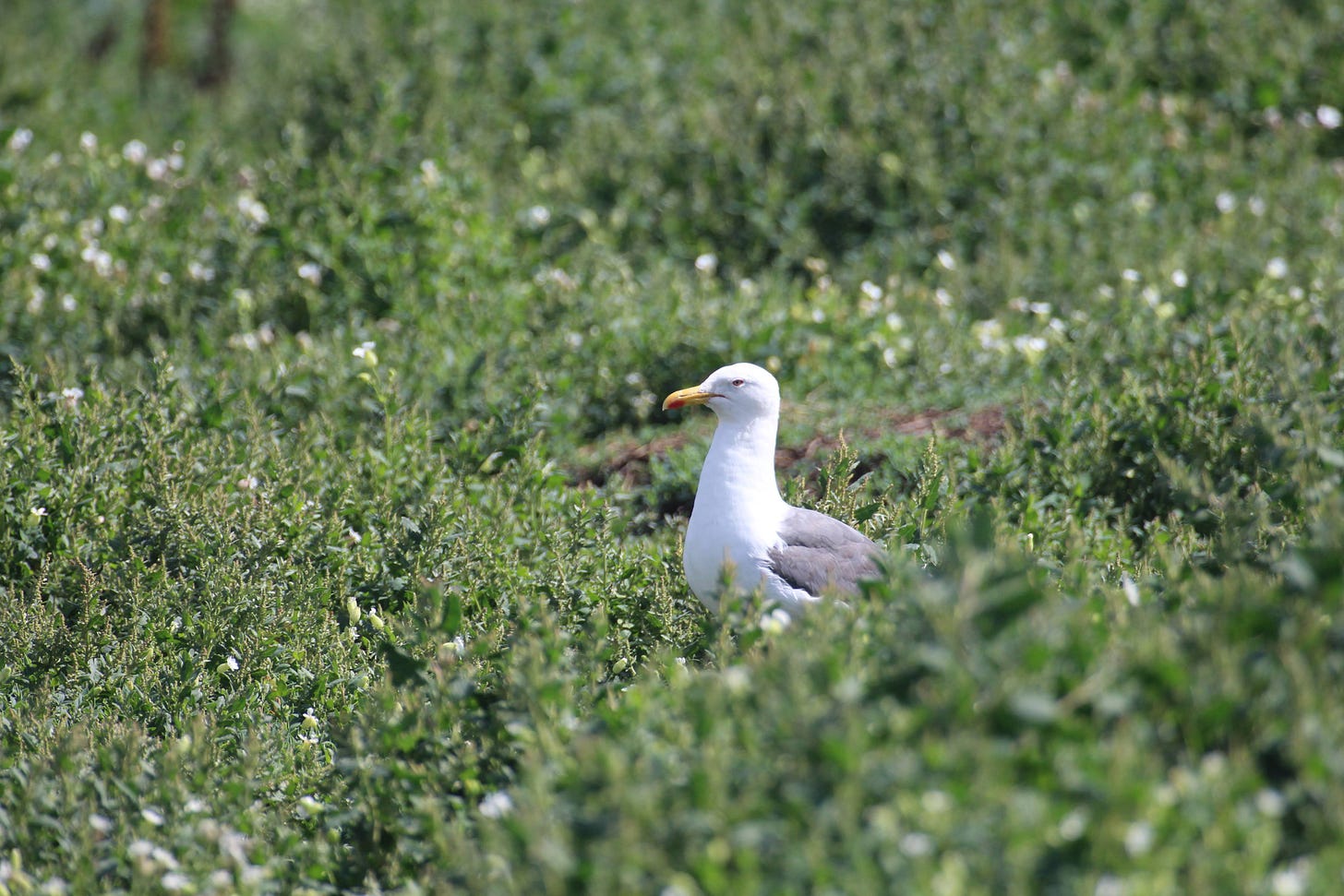

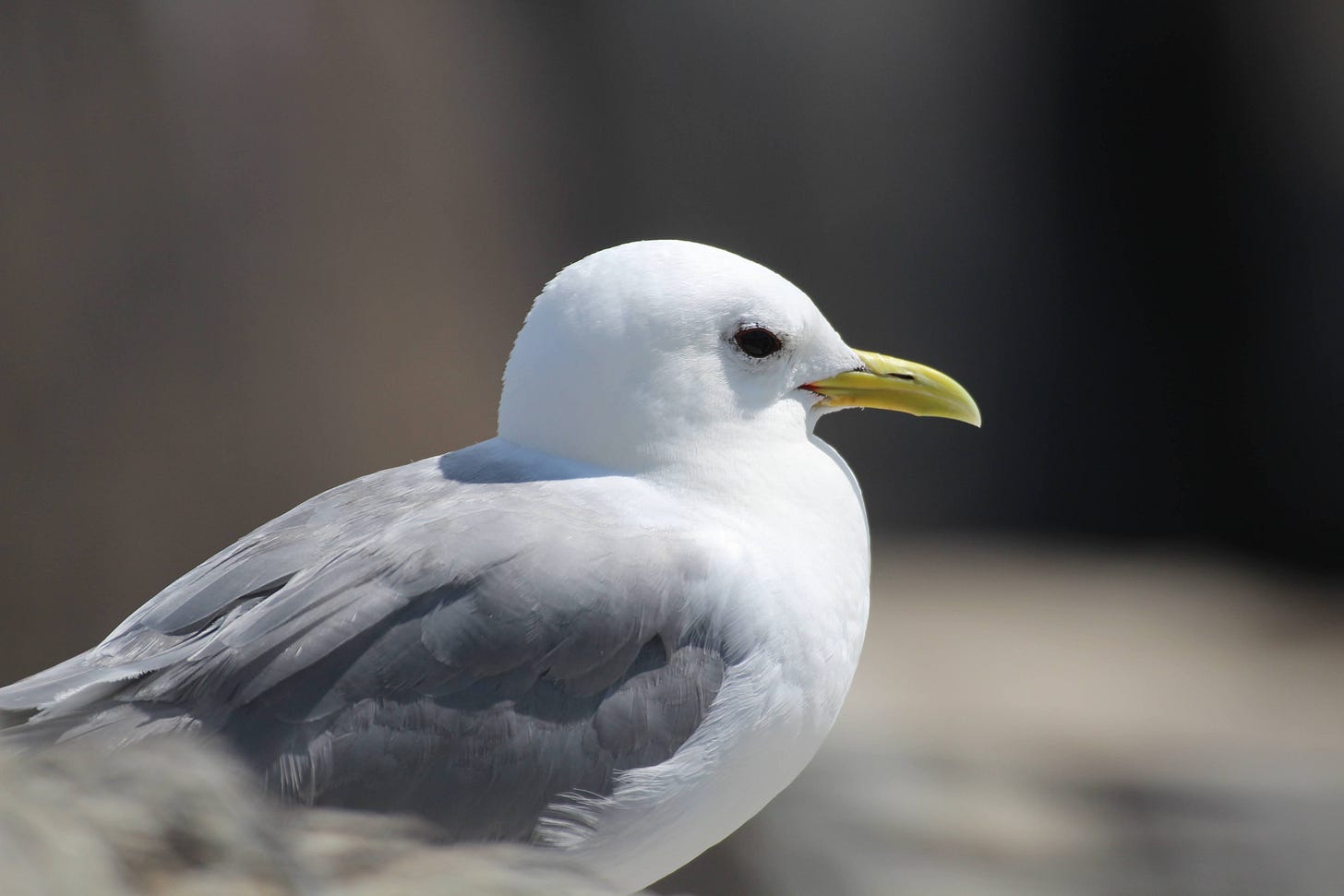
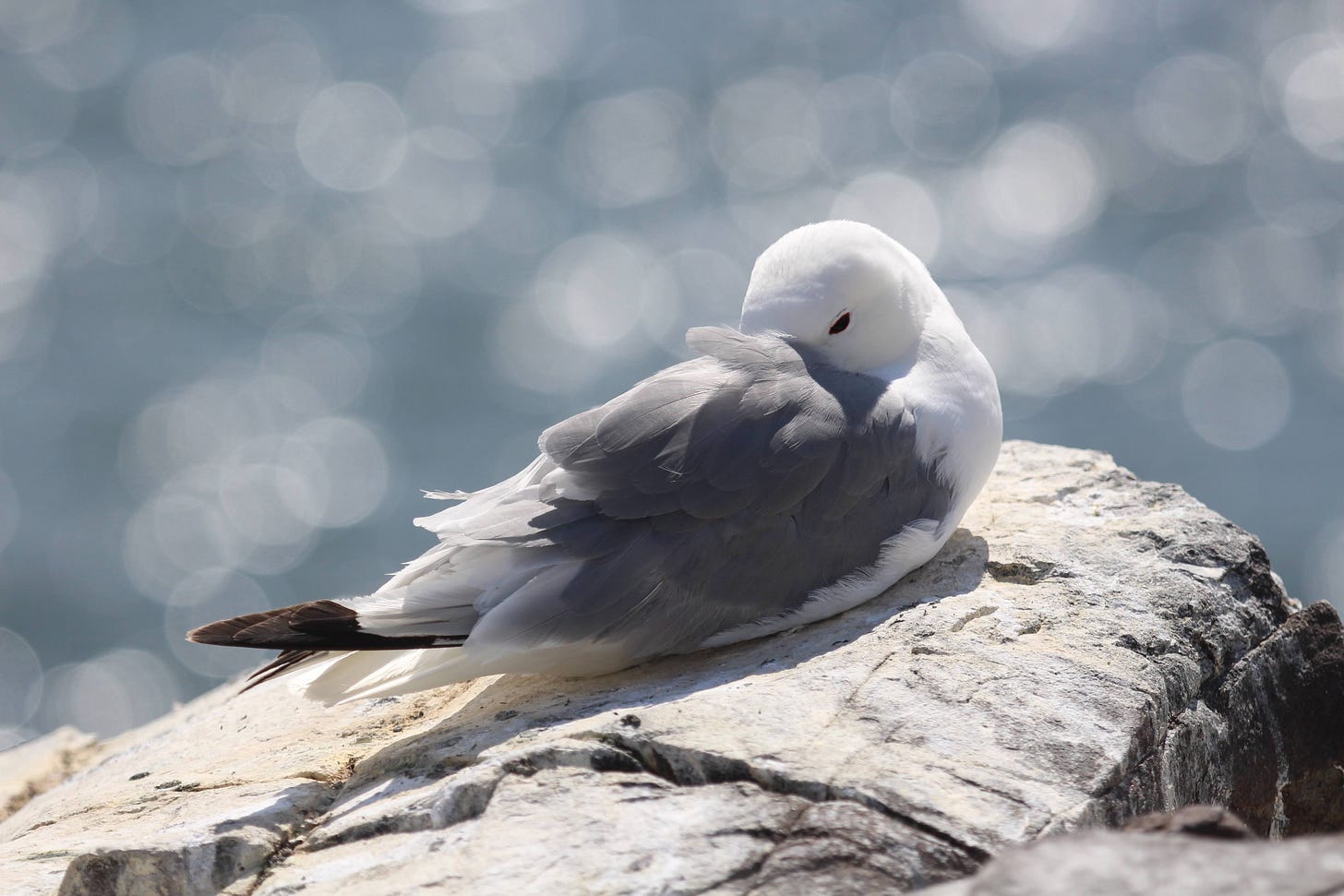
There is something to leaving the familiar places only to realize they hold more magic and beauty and story than you could see when you were there. Enjoyed this essay & laughed at those photo captions… “boring” 👏🏼
Loved this post! I live in England and love exploring, would love to see more. I also find it shocking when people think that the UK have a bad food scene.